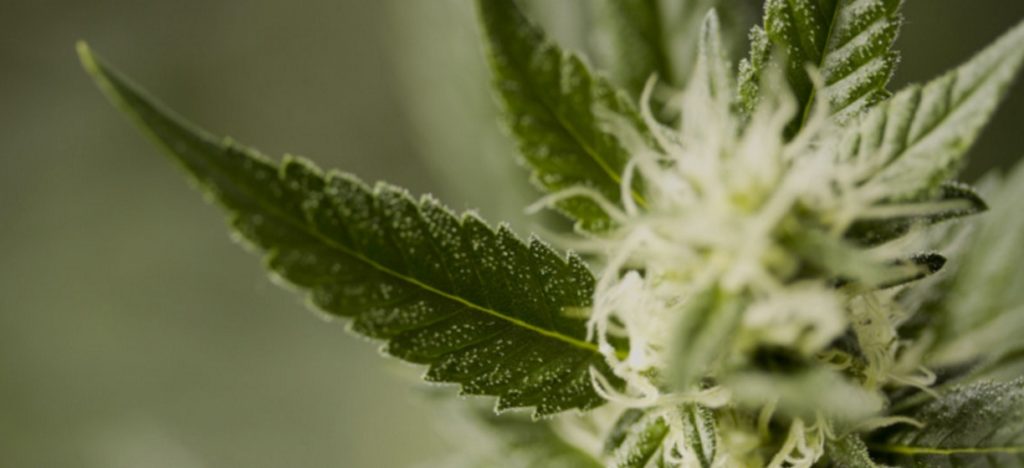
(Courtesy: Stockphoto)
(Peter Roff, U.S. News) – Vermont Gov. Phil Scott will reportedly announce on Wednesday whether or not he’s going to sign into law a bill the state legislature sent him legalizing marijuana for recreational use. If he does – and the former race car driver appears to be leaning against putting his name on the bill over concerns about the potential adverse impact on highway safety – his will become the ninth state since 2012 and the first to do it through the legislative process. Legalization in the other states came about as the result of citizen-backed initiatives and referenda.
Things have certainly changed since the late 1960s when the Rockefeller drug laws in New York imposed harsh penalties on anyone caught with a joint. More and more people are coming to accept marijuana as a more or less harmless diversion on par with tobacco and alcohol rather than a demon weed that acts as a gateway to harder drugs like heroin and other opiates. The Gallup organization in 2016 and CBS News in April of 2017 both showed support for the legalization of recreational marijuana – not just medicinal marijuana, which has long enjoyed broad support – was approaching two-thirds of voters surveyed.
The harsh penalties imposed as the result of convictions for possession of even minor amounts has also been a driving force behind a bipartisan effort at criminal justice reform. The continued incarceration of those doing time for minor drug-related offenses imposes significant costs on the taxpayers while not provide the most efficient use of increasingly scarce prison space.
As a candidate, Donald J. Trump appeared to some to be willing to consider changes in federal policy toward the enforcement of marijuana laws for these reasons and because the cold, harsh reality is that current law puts the federal government at odds with the states that have already legalized it. Those who expected some kind of detente was in the works had their hopes dashed by a memo recently sent to federal prosecutors by Attorney General Jefferson Sessions directing them to, as the New York Times described it, “level the most serious charges with the longest possible sentences” and that they “must seek approval for any exceptions.”




Facebook
Twitter
Pinterest
RSS